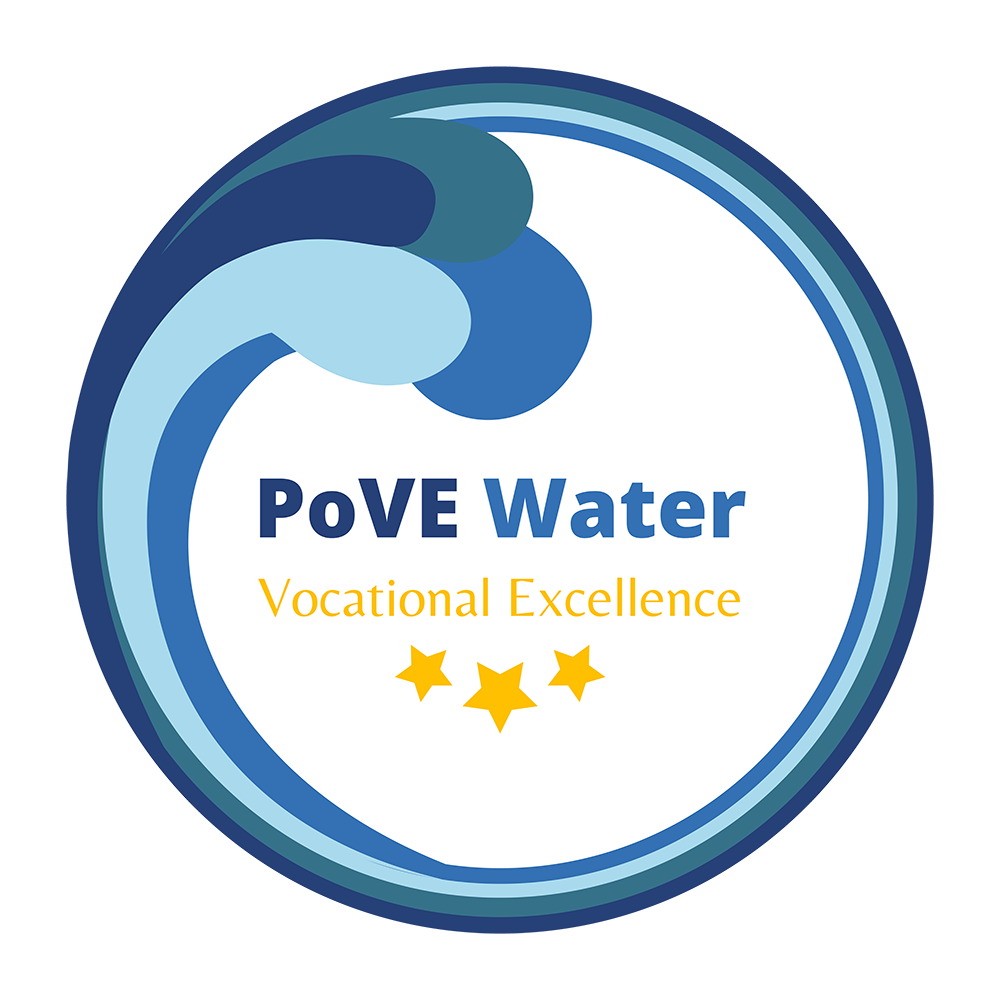The initial impetus to start this PoVE Water project was the widely felt need among all stakeholders on the island to increase the quantity and quality of Water expertise, skills and craftsmanship. Malta has an urgent need for specialised labour in the Water sector. Malta is characterised by a gap in Water expertise and skills. Filling these skills and expertise gaps is a must for MCAST and WSC and the regional Water eco-system in Malta to survive.
On the island, pockets of knowledge, expertise and capacity regarding the Water sector were already present, but there was no central platform where all this could come together. The initiation of this pilot PoVE project has provided a central platform through which the already present knowledge, skills, networks and capacity on the island have now been able to come together in an integrated way and through which the total regional Water Skills ecosystem has become more than the existing sum of its parts. The PoVE project has given time and resources to formalise and consolidate the already existing relationships and deliver a number of joint products, of which the online learning platform is the most important result.
In addition to a strong VET component, the Water Skills ecosystem at Malta also has a strong (practice-based) research component. This is partly due to the status of MCAST which, besides VET, also offers higher levels of education (up to level 7), with the consequence that doing research is also part of the portfolio of MCAST. This clearly distinguishes the Water Skills ecosystem in Malta from the other regions in Europe, participating in the project. They strongly believe that research strengthens relationships with the field of work on the one hand, and leads to the professionalisation of (VET) lecturers on the other. VET lecturers who participate in research can apply the research results directly to their own teaching practice, thus reinforcing the quality of VET education.
The Maltese Water Skills eco system is characterised by scarcity of resources and triple helix stakeholders operating within the local Water sector. In Malta, for each helix stakeholder (education/knowledge, practice and government), there is often only one dominant organisation. Because of this Maltese island context, a reciprocal internationalisation strategy is an absolute must. This strategy is focused several pillars: (a) finding more suitable and qualified partners (b) building a reputation by entering into partnerships with these suitable and qualified partners so that (d) there is recognition of MCAST’s international network and thus for MCAST itself.
There is a simultaneous bottom-up and top-down approach in the regional Water Skills eco-system at Malta that often leads to synergy. In general terms, there is a supportive policy environment in Malta. This can be seen, among other things, from the fact that the MoU, that is currently being developed, will not only be signed by the national Ministry of Education, but probably also the national Ministry of Water and Energy, is going to endorse this MoU. Despite the fact that there are differences in culture and practices between VET, private and public partners and government authorities, the cooperation between these parties on the island is actually quite good, leading to a supportive environment for developing Vocational Excellence.
Many components of Vocational Excellence, as defined by the European Commission, already apply to the Water skills eco-system at Malta. The reasons for this is that MCAST is a large and the only VET school at Malta and therefore they are a necessary and relevant actor in the regional eco-system. Because of this, they receive the necessary support from the national government but also from the public and private sector on the island. Research is also part of the offer of MCAST and consequently the Water VET level is provided with the needed quality impulses. All VET Water students at MCAST are offered a curriculum which includes work-based learning components in close collaboration with WSC and other smaller private sector partners on the island. Finally, MCAST applies a demand-driven approach in the sense that if there is no demand from the local environment at Malta there is no VET study supply offer by MCAST.
The biggest challenge within the pilot PoVE project as perceived by the Maltese partners, was to understand each other’s VET systems (in terms of qualifications, levels, accreditations etc.), the logic of the different VET partners and the contexts in which the different VET schools were operating in the various regions of Europe. During the first year of the project, they had to invest in understanding each other’s language and contexts, so that when a specific Water topic was discussed or documents where shared, everyone looked at and perceived it from the same conceptual (and contextualized) framework.
Impact story: The Netherlands
Impact story: Czech Republic
Impact story: Latvia
Impact story: Malta
Impact story: Scotland
